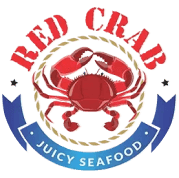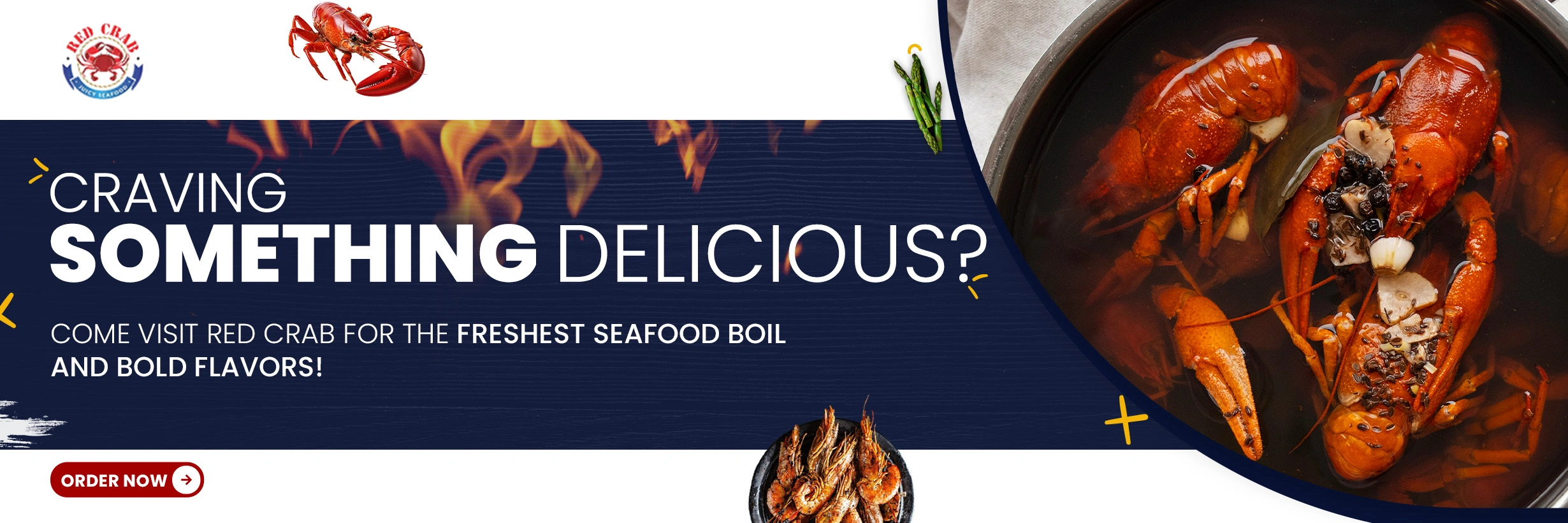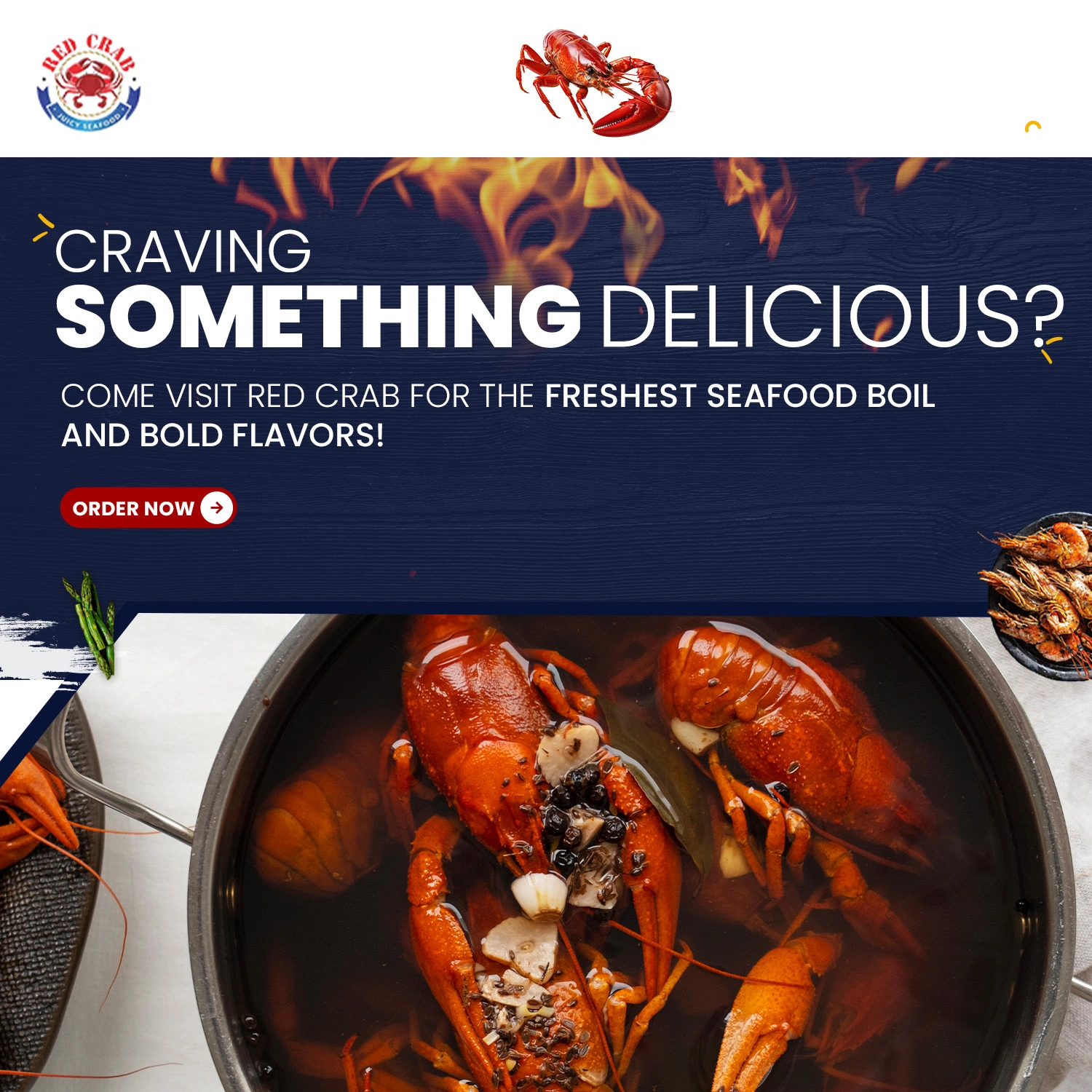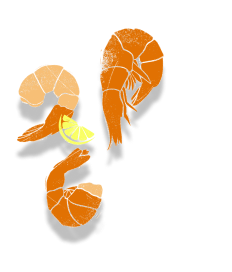How to Have a Successful Dinner Interview
Job interviews can be stressful, but think about having one during dinner! A dinner interview is more complicated because you have to impress the person hiring you with your skills and also show that you know how to behave at the table. Hence, in this blog, we will guide you on how to have a successful dinner interview. From tips to choosing the right spot to proper interview dining etiquette, we’ll cover it all!
Table of Contents
Successful Dinner Interview
A dinner interview is different from a traditional interview. You’re trying to show the employer that you are professional and competent, all while navigating a meal. To know how to have a successful dinner interview, you need to be prepared on both fronts: interview performance and dining manners. Start with the basics—focus on proper etiquette and be confident in your abilities.
Lunch and Dinner Interview Tips
When preparing for any interview, preparation is key. However, when it’s a lunch or dinner interview, you need to consider a few additional factors:
Research the Restaurant
If you know where the interview will happen, spend some time learning about the place. If it’s one of the seafood places such as Red Crab, for instance, look over the seafood menu beforehand. This will not only give you an idea of what to order but will also save time during the actual interview. You’ll feel more at ease when you already know what to expect and you can focus more on the conversation and less on what to order.
Dress Appropriately
For a lunch or dinner interview, dressing smartly is just as important as it would be for an in-office meeting. Aim for business casual unless you’ve been told otherwise. You want to look polished but not overdressed for the environment. A safe choice is to check the restaurant’s dress code beforehand. Some restaurants and seafood places may have a casual vibe, while others might be more formal.

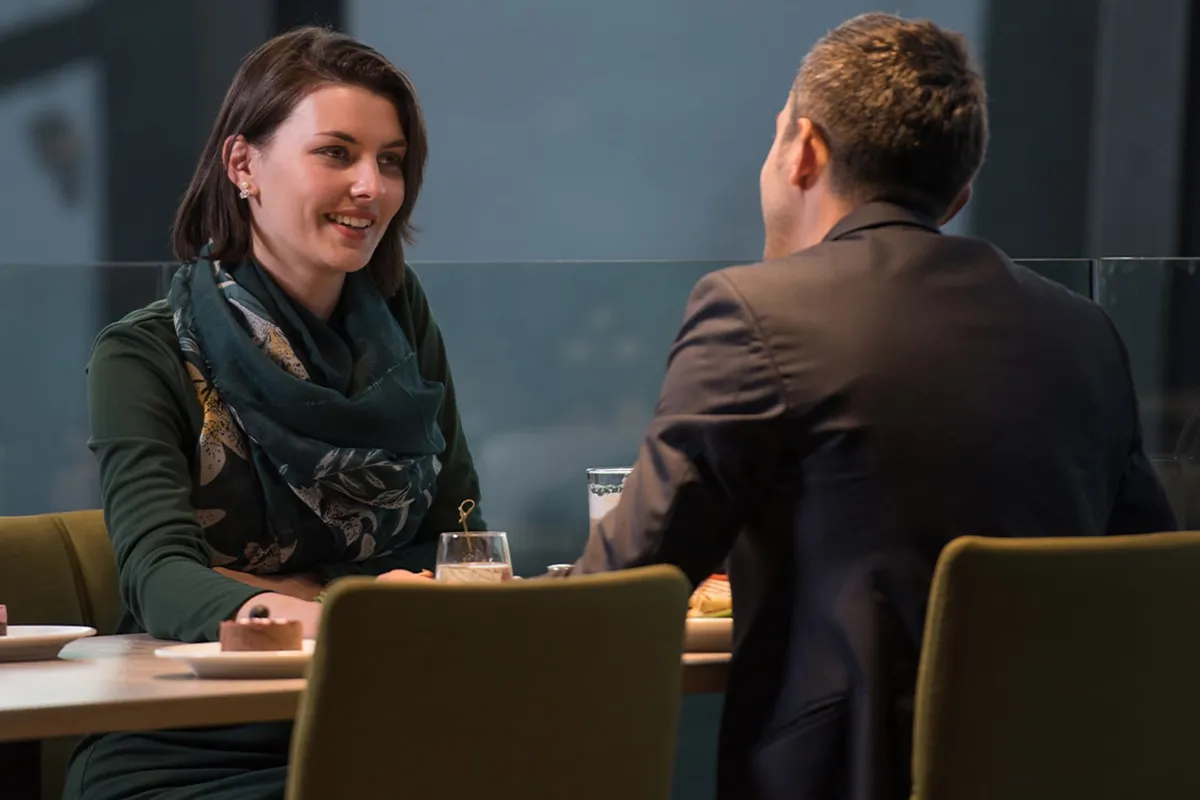
Practice Conversational Skills
A lunch or dinner interview is often more about assessing your social skills and personality. Be prepared for small talk. Try to discuss general topics like travel, hobbies, or light work-related topics. You don’t need to stick solely to business, but also don’t stray too far into overly personal territory.
Be Polite and Gracious
Politeness goes a long way. Use “please” and “thank you” frequently, and express gratitude for the meal, even if it’s not something you usually like. If you’re dining at a seafood near me restaurant and you don’t usually eat seafood, don’t make a big deal out of it. Politely order something that looks manageable and stay positive throughout. Some seafood restaurants, such as Red Crab, offer non-seafood options on their menu, so you may order from that.
Additional Tips to Have a Successful Dinner Interview
Besides etiquette and conversation, there are a few other factors that contribute to how to have a successful dinner interview:
Show Confidence: Confidence is key in any interview, but especially during a dinner one. It can be easy to feel overwhelmed when trying to manage both the food and the conversation. However, projecting confidence by making eye contact, smiling, and engaging in the discussion will help put both you and your interviewer at ease.
Stay Professional: Even though the setting might be less formal than an office, it’s still an interview. Avoid drinking too much alcohol if it’s offered, and maintain a professional demeanor throughout the meal. Keep in mind that your aim is to leave a strong impression.
Thank Your Interviewer: At the end of the meal, don’t forget to thank your interviewer. Whether they are paying for the meal or not, expressing gratitude shows good manners and leaves a positive final impression.
Interview Dining Etiquette
Dining etiquette during a dinner interview is crucial. Employers may use this situation to assess your manners, social skills, and ability to handle yourself in a formal setting. So, keep in mind:
Wait for Your Host to Order
It’s generally a good idea to wait until your interviewer orders their meal before you make your choice. This gives you a sense of what kind of dish you should select. If they order something from the seafood menu, feel free to follow suit. You don’t want to choose something too complicated or messy to eat. Stick to something easy and familiar, especially if you’re not used to dining at seafood places.
Focus on the Conversation
The dinner interview isn’t really about the food. Your main focus should be on the discussion. Make sure you are actively listening and contributing thoughtfully. Avoid interrupting or dominating the conversation, but don’t be too quiet either. Striking a balance between speaking and listening is key to knowing how to have a successful dinner interview.
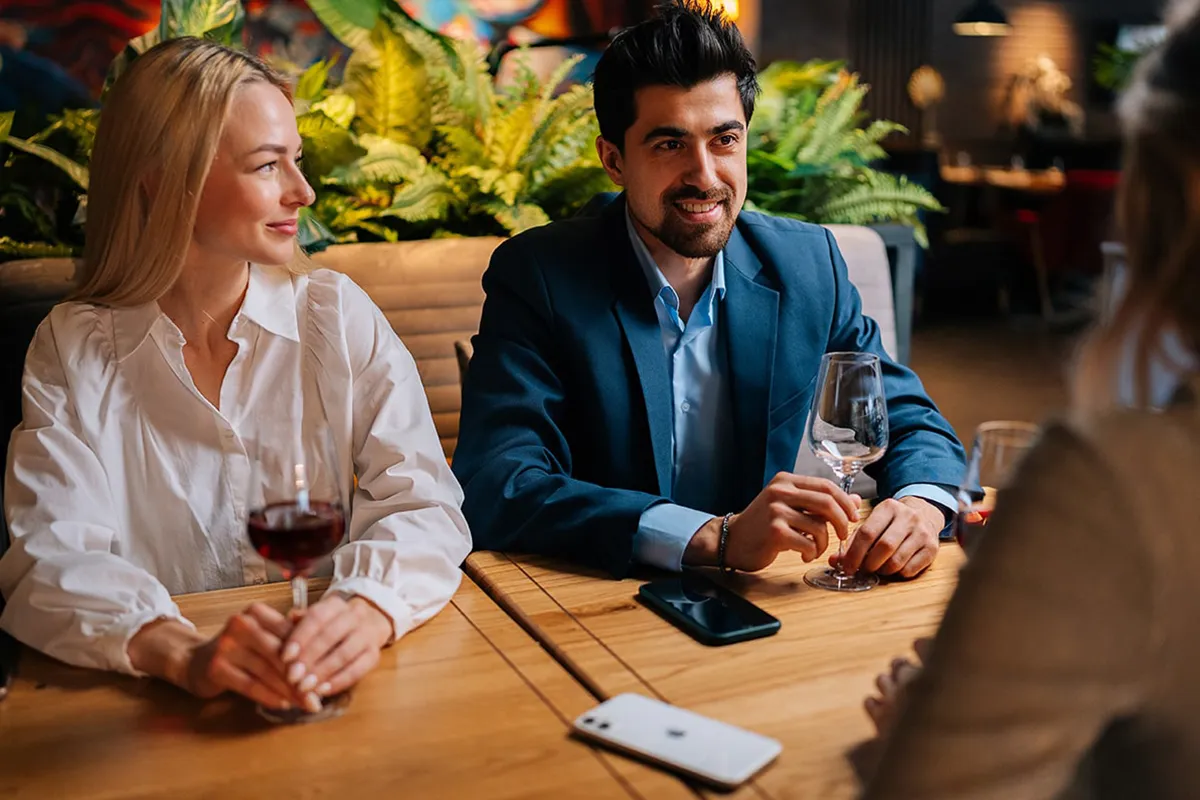

Keep Your Phone Away
One of the biggest dining faux pas is using your phone at the table. During a dinner interview, you should leave your phone off the table and on silent mode. Pay full attention to your host and the discussion. This shows respect and professionalism.
Use Good Table Manners
Good table manners are essential. This includes basics like not talking with your mouth full, chewing quietly, and using utensils properly. If you’re unsure which utensil to use, follow the lead of your interviewer. Simple gestures like placing your napkin on your lap and sitting up straight can also make a positive impression.
Interviewing Over a Meal
Interviewing over a meal can be an excellent opportunity to showcase not just your professional skills, but also your social and interpersonal abilities. Here are a few tips on how to shine during a meal interview:
Be Mindful of Your Food Choices
When you’re interviewing over a meal, particularly in seafood places, it’s important to order something that is easy to eat. Avoid foods that are too messy or difficult to manage, like crab legs or lobster. Sticking to something manageable, like grilled fish or a salad, ensures that you’re not too distracted by your meal. You’ll be able to focus on answering questions and engaging in meaningful conversation.
Keep the Conversation Balanced
A dinner interview is typically more relaxed than an office setting, but you should still keep a professional tone. Don’t shy away from talking about your career achievements, but balance this with casual conversation. You can ask your interviewer about their experiences or even lightly touch on topics like the restaurant’s menu. Small talk can help ease any tension and create a friendly atmosphere.
Handle Awkward Situations Gracefully
Sometimes, unexpected situations can arise during a dinner interview. Maybe you drop your fork, or there’s an awkward silence. The key is to stay calm and handle any mishap with grace. Simply ask for a new fork or smoothly steer the conversation back on track if there’s a lull.
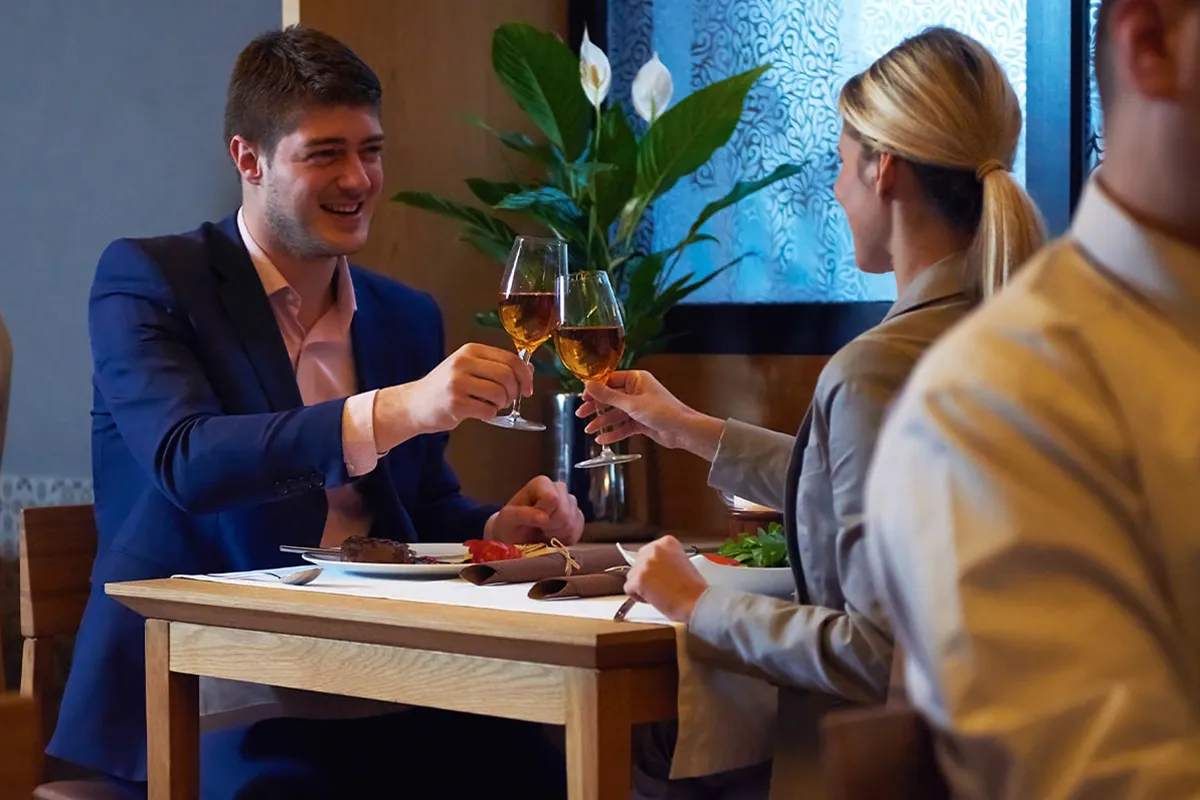
frequently asked questions
What to wear to a dinner interview?
Dress in business casual attire unless told otherwise. It’s important to look neat without being too formal. Always aim for something that makes you feel confident and comfortable.
What to talk about at a pre-interview dinner?
You can discuss light topics like your work experiences, recent projects, or even hobbies. Keep the conversation balanced and avoid overly personal or controversial subjects.
How important is a pre-interview dinner?
A pre-interview dinner is an opportunity for employers to assess how well you handle social situations. It’s an important part of the overall interview process, especially if the role requires frequent client interaction or teamwork.
Conclusion
Now that you know how to have a successful dinner interview, you can walk into your next dining interview with confidence. Whether it’s at a fancy restaurant or one of the local seafood places, preparation and professionalism are the keys to success. By following proper dining etiquette, engaging in meaningful conversation, and staying composed, you’re sure to leave a lasting positive impression on your interviewer.
